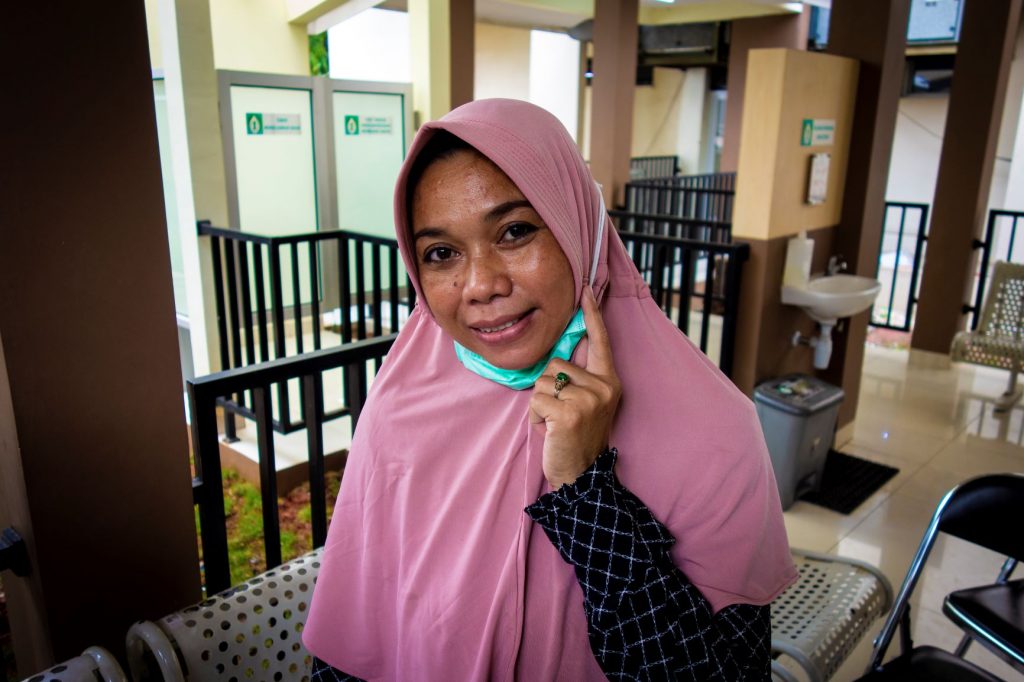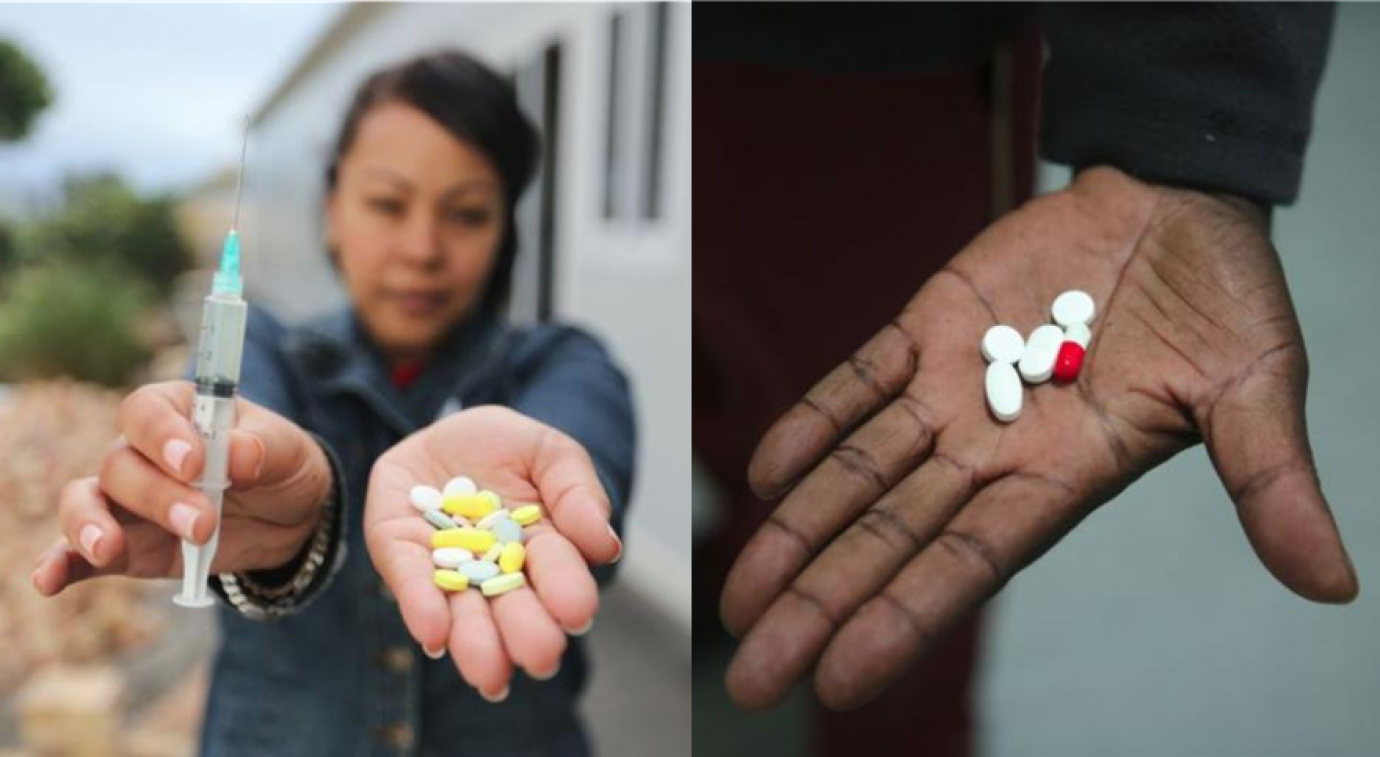The BPaL regimen is the next big step forwards in the fight against drug resistant TB. This regimen, developed by the TB Alliance, consists of the oral drugs bedaquiline, pretomanid and linezolid. It is a six to nine months regimen that replaces the previously recommended 18 to 24 months treatment, including an injectable agent, for patients with highly resistant TB.
Since BPaL is an all oral treatment, patients no longer have to undergo painful daily injections for months. But most of all, the new regimen offers a much greater chance of a cure. The latest data reported to the World Health Organization showed a dismal global success rate of 39% amongst patients with extensively resistant TB; the BPaL regimen had a 90% favourable response in patients treated in a clinical trial setting.
The BPaL regimen has been approved by the US Food and Drug Administration and the European Commission, and recently recommended by the World Health Organization under operational research conditions.
KNCV technical assistance with BPaL implementation
KNCV has extensive international technical experience in supporting countries prepare to introduce new drugs and regimens (ND&R), and with subsequent introduction and scaling up of the sue of the respective ND&R. We have collaborated with TB Alliance on a study of planning needs and acceptability of the new BPaL regimen in different countries. KNCV is currently supporting 10 countries with the preparation for and the actual introduction of BPaL under appropriate conditions via various projects.

Background BPaL research and analysis
In three countries, representing different geographical and epidemiological situations, KNCV conducted a situational analysis on acceptability, likelihood of implementation and costing of novel TB regimens (BPaL and BPaMZ), which are under development by the TB Alliance.
KNCV country teams in Nigeria and Kyrgyzstan and a country team from the Yayasan KNCV Indonesia conducted stakeholder interviews through focus group discussions and individual interviews. The teams collected both qualitative and quantitative information. The country teams were supported by research and PMDT consultants from KNCV the Hague. Interviews were written and translated, all information was imported in a database and analyzed.
The results of the assessment were shared with the TB Alliance in reports. The BPaL report was shared with WHO, to inform new recommendations regarding the use of BPaL for patients with drug-resistant TB.
Countries: Indonesia, Kyrgyzstan and Nigeria
Planning for new regimen introduction
Under the TB Alliance project on planning for new regimen introduction KNCV supported dissemination of knowledge on new all oral DR TB treatment options and planning steps for introduction of new drugs and regimens.
Aim was to ensure countries would be ready to apply new regimens once regulatory approval for these new treatment options would be available. In support of this, KNCV adjusted the KNCV generic planning tool and developed a research protocol for the introduction of new DR-TB regimens.
Subsequently KNCV conducted a regional workshop in Almaty, Kazakhstan, discussing
the expected new drugs and regimens and related planning needs, with participation by NTP staff from Kazakhstan, Kyrgyzstan, Uzbekistan, Ukraine and Tajikistan (by teleconnection).
A similar workshop was held in Indonesia with staff from the Indonesia NTP, in collaboration with the Yayasan KNCV Indonesia (YKI). After the meetings KNCV and YKI country staff supported the development of country owned plans for introduction of new drugs and regimens. The KNCV and YKI country teams were supported by research, lab and PMDT consultants from KNCV The Hague.
Countries: Indonesia, Kazachstan, Kyrgyzstan, Tajikistan, Ukraine and Uzbekistan
Extension Project
As follow-on to the situational analysis on acceptability and likeliness of implementation of the novel TB regimens developed by the TB Alliance, the BPaL results were presented during TBA side meetings concurrent with the Union World Conference 2019 in Hyderabad.
In November the BPaL report was presented for the WHO guideline committee to inform new policies on DR-TB treatment. Under this project drafts were made for scientific publication of the assessment results.
In August 2019 the US FDA approved the BPaL regimen for treatment of patients with XDR-TB and /or treatment resistant or intolerant MDR-TB. In follow-up of the planning for use of shorter all oral treatment regimens in Central Asia and Indonesia, under this project, after the FDA approval, KNCV continued to work with National TB Programs and partners to ensure readiness for BPaL implementation, once WHO guidance would become available.
Countries: Kazakhstan, Kyrgyzstan, Uzbekistan and Indonesia.
LIFT-TB project
As of October 2020 KNCV is one of the implementing partners of the LIFT-TB initiative of TB Alliance, funded by the Republic of Korea. LIFT-TB (Leveraging Innovation for Faster Treatment of Tuberculosis) aims to broaden adoption and scale up of improved tuberculosis (TB) treatment regimens. The initiative will also seek to increase treatment completion rates for drug-resistant forms of TB in some of the countries most affected by this form of TB across the Southeast and Central Asian regions. Read more about LIFT-TB here.
Picture credit: Tristan Bayly & TB Alliance

